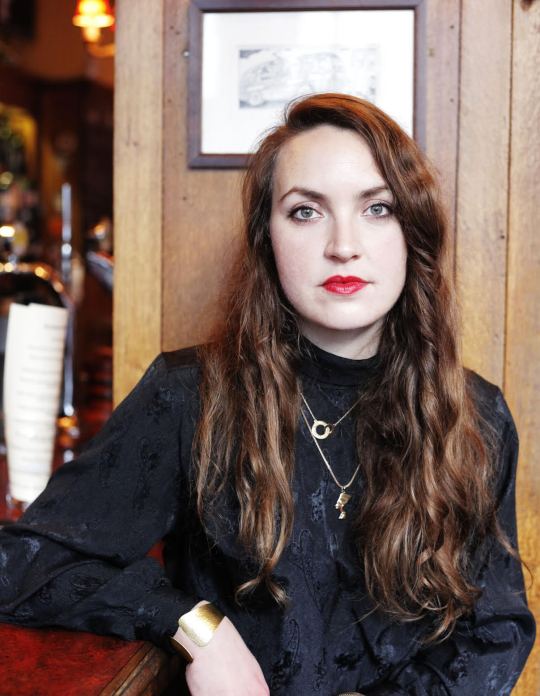
In Zoe Pilger’s debut novel, Eat My Heart Out, twenty-three-year-old Ann-Mariecarries a jokey philosophy book in her bag, a comic introduction to Heidegger, explaining it’s all she can read since she “went crazy” during her final exams at Cambridge. Her longtime boyfriend Sebastian has just dumped her and now she’s stalking an older guy named Vic, a war criminal. Broke and manic, working as the “door bitch” at a chic London restaurant, Ann-Marie lives life as a string of faux pas and outbursts until she encounters the famous feminist author, unhinged second-waver Stephanie Haight. Actually, Ann-Marie’s life continues much the same, except that suddenly, under Stephanie’s wing, she becomes the voice of a generation. Ann-Marie’s the quintessential post-post-feminist girl, at least for a minute.
You have reached your article limit
Sign up for a digital subscription and continue reading all new issues, plus our entire archives, for just $1.50/month.
Already a subscriber? Sign in




